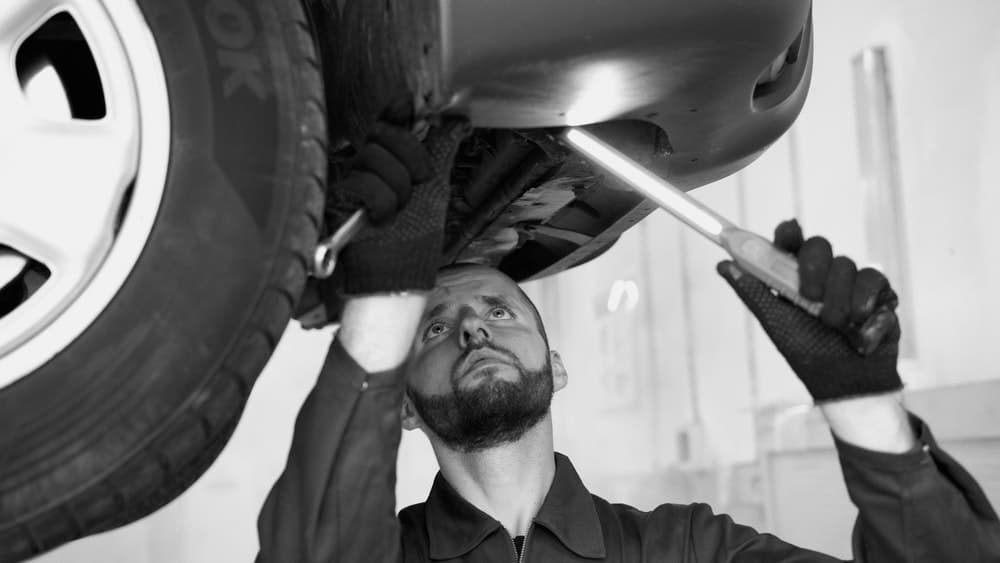Navigating the complexities of the legal system and enforcing your rights under California’s Lemon Law can be even harder. There are certain mistakes that you should absolutely avoid making if you want to win a lemon law case. If you want to win, then you should never make these mistakes. California lemon law lawyer will help you avoid some common mistakes that can destroy your chances to get relief under California’s Lemon Law.
Keep reading and you’ll find out about some of the major difficulties that arise when a customer wants to return or replace their car. You’ll also learn how to avoid making mistakes in this process.
Failing to Ensure That Your Customer Complaints are in the Service Report
Reporting your complaints about a vehicle to a dealership is essential, and it’s easy to overlook. But if you forget, or the dealership doesn’t bother to put your complaints on the service report, you can only proceed with your claim if you have proof that those complaints occurred.
Once you return from the service appointment and get your car back, make sure to review the service report in detail. The report should include what has been done to the car, the mileage on the odometer, and a general explanation of any complaints or attempted repairs. Check that your complaint is recorded on the report before you go, if it isn’t, you may have difficulty filing a Lemon Law claim later.
Described Problems are Not Clear
When you’re preparing to initiate a lemon law claim, remember that it’s important to be careful. Dealership service departments are not always trustworthy and might say something different about the problem(s) being fixed than what you know to be true. Bring along someone more knowledge about cars and get the service department to be as specific as possible about the diagnosis and repairs performed.
To avoid confusion, it is best to be as specific as possible when you have a complaint. If the problem is on the left side of the vehicle, for instance, note that the problem affects the front part of the vehicle. That way, the customer and mechanic will know exactly where work needs to be done.
Not Adding Important Information On the Notice of Non-Conforming Conditions
Motor vehicle defects, or “Nonconforming Conditions,” happen when something is wrong with the car. A defect can be anything from a leaking oil pan to an engine light on. Defects only happen when the car is used in a “reasonable” way, not for any unauthorized use, like driving off-road or using it as a runway. The manufacturer is responsible for repairing these issues.
If you have a complaint, your best option is to write up a “Notice of Nonconforming Condition” and send it to the authorized repair facility. The notice should include information on the vehicle, the nonconforming condition (defect), and any attempts to address the defect. It is not necessary to contact the manufacturer for this information.
You need to make sure that the following information is used:
- The make, year, model of your vehicle
- The non-conforming condition
- The repair facility name and the name of the technicians that carried out the repair
- Dates of the repair attempts
- The Vehicle Identification Number (VIN)
Continuing to Repair Even After Two Failed Repair Attempts
The California Lemon Law offers protections for consumers. The law provides a two-repair trial, meaning the manufacturer must fix the same problem twice before the consumer can seek a replacement the third time. If the same problem is repaired two or more times and still does not work, it can cause injury or death. Essentially, the consumer is running out of time.
Lemon laws come into play when the vehicle needs to be returned for more than two visits. You need to prove that the manufacturer has had a chance to fix the defect with the last repair attempt. If you plan on returning for another visit, the manufacturer might argue that they deserve one more shot at fixing the defect which could easily delay or terminate any compensation that you may be entitled to.
Lemon Law cases can be tricky. You need to consult with a lemon law California lawyer before you present paperwork to the manufacturer because you’re at risk for two possible outcomes: the judge could rule in your favor, or they could throw out the case on a technicality.
Conclusion
The lemon law process is arduous and has many pitfalls to fall into. As a consumer, you may not have much experience participating in legal proceedings. This is why it is imperative to consult with a lemon law attorney before starting the claim process. A consultation with a lemon law lawyer in California may help you understand your situation and what the next steps are.


